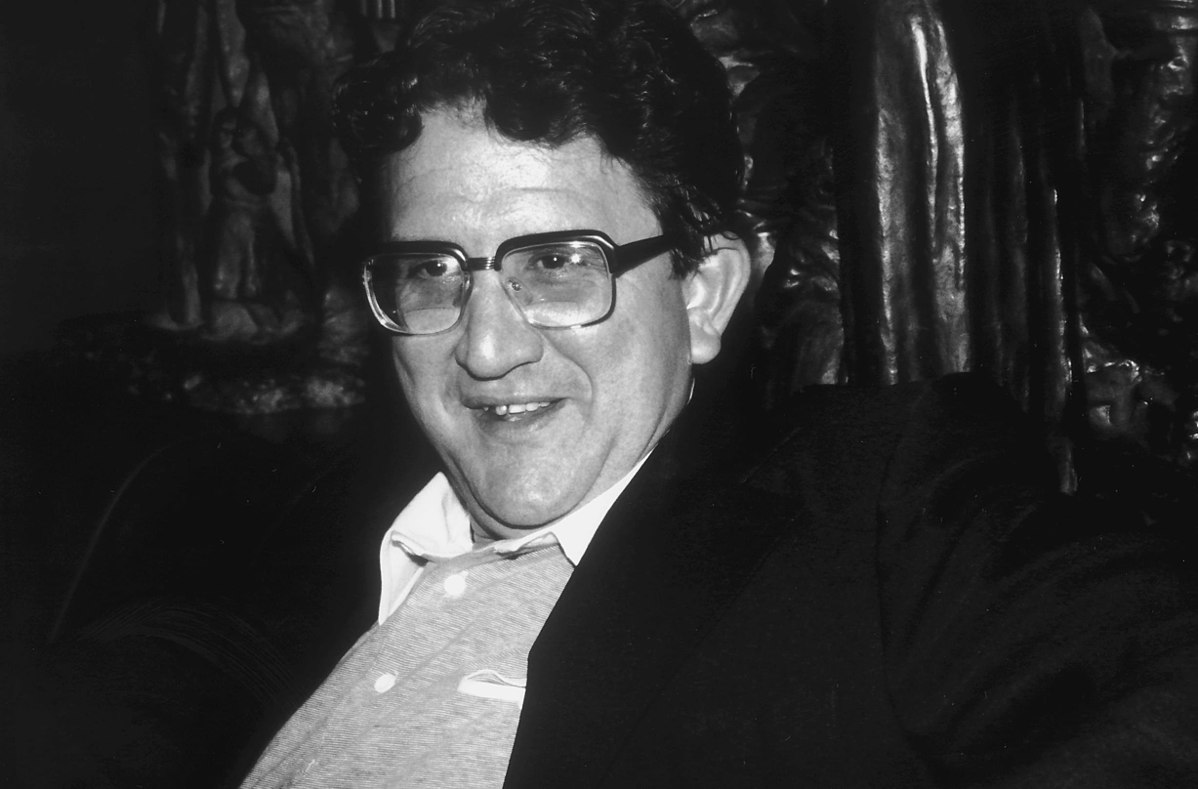[vc_row][vc_column][vc_single_image image=”116621″ img_size=”full” add_caption=”yes”][vc_column_text]Fifty years ago today, the Cuban poet Heberto Padilla made a dramatic public confession at the Union of Artists and Writers of Cuba under the watchful eye of State Security agents.
In his auto-da-fe, Padilla denounced himself, his wife and several close friends as counterrevolutionaries.
The confession sent shockwaves around the world.
Two days earlier, Padilla had been released from a 36-day detention at Cuba’s State Security headquarters.
Padilla had fallen foul of the island’s authorities after his return from an extended stay in the Soviet Union, where he opened Cuba’s first press agency in Moscow and befriended dissident poets.
Padilla’s ritualised public penance sent ripples across the literary world while the Cuban government tried to use his “confessions” as proof of its right to imprison the poet.
Internationally, Padilla’s confession was seen as Cuba’s version of a Stalinist show trial – footage of the confession was suppressed by the authorities.
However, his supporters were conflicted. Index wrote at the time how the feeling began to grow that Padilla’s confession had been forced in some way and that perhaps he had been subjected to brainwashing techniques or possibly even torture.
“A majority of the original letter’s signatories seemed to share this view and signed another letter of protest against the whole affair while a minority accepted the confession at its face value and supported the government position. As a result, progressive left-wing literary circles were split in their assessment of the affair and this led to a series of charges and counter-charges that continued for many months,” we wrote.
Whatever the reason for his confession, it served as a harbinger of what was to follow: a period known as the Grey Five Years in which dozens of Cuban artists and writers were banished from public life.
The Cuban government’s treatment of Padilla made its protocol for handling intellectuals and artists visible and has since functioned as a warning to those that seek to challenge the primacy of state authority.
The passage of five decades means that Padilla’s public show of defiance has been largely forgotten internationally but the words he spoke retain their power even today.
Cuba’s government is once again cracking down again on a new generation of Cuban artists and intellectuals, portraying them as lackeys of foreign powers.
On 17 April, the headquarters of the Movimiento San Isidro (MSI) was raided and the visual artist Luis Manuel Otero Alcántara (winner of a 2018 Freedom of Expression award with the Museum of Dissidence), and the rapper and poet AfrikReina detained.
It is against this backdrop that Padilla’s words are again being spoken as part of Padilla’s Shadow, a project of MSI and 27N, which protest against state censorship of artistic freedom in the country.
Twenty Cuban intellectuals and artists, including Hamlet Lavastida and Cuban poets Néstor Díaz de Villegas and Katherine Bisquet , will today livestream a choral reading of Padilla’s confession under the direction of Cuban American artist Coco Fusco.
Many of the project’s participants have told Fusco that they are shocked by the text, that it has provoked bouts of anxiety, sleeplessness and nightmares.
Néstor Díaz de Villegas said, “In stark contrast to History Will Absolve Me, the self-defence speech that Fidel Castro gave in court in 1953, Heberto Padilla indicted history by incriminating himself with his auto-da-fe. His confession is the definitive comedy of errors of the Cuban Revolution.”
Hamlet Lavastida, who has designed the commemorative project, said, “Heberto Padilla’s confession represents the irruption of Sovietism in Cuban cultural life. In order to create ‘perfect literature’ it became necessary to purge from the creator everything that was antagonistic to the great disciplinary story of the State.
“Skepticism, disenchantment, cosmopolitanism and existentialism had to be extirpated. This form of cultural repression was undoubtedly and absolutely novel in the Latin American cosmos. Never before had State Communism been so effectively virulent within Latin American culture. This was its contribution, its regrettable contribution, one contribution that is ongoing.”
Katherine Bisquet said, “The confession is disturbing. It plunges you into a desolate time, not because of its vitality, because of its existential nullity.”
“Those words tell me emphatically that we have had to stop feeling everything we could feel, which is to say we had to fake madness in order to survive the real induced madness, the madness from which we do not return.”
You can read Padillo’s poetry that Index published here and watch the 50th anniversary commemorative project, Padillo’s Shadow, below:
[/vc_column_text][/vc_column][/vc_row]





